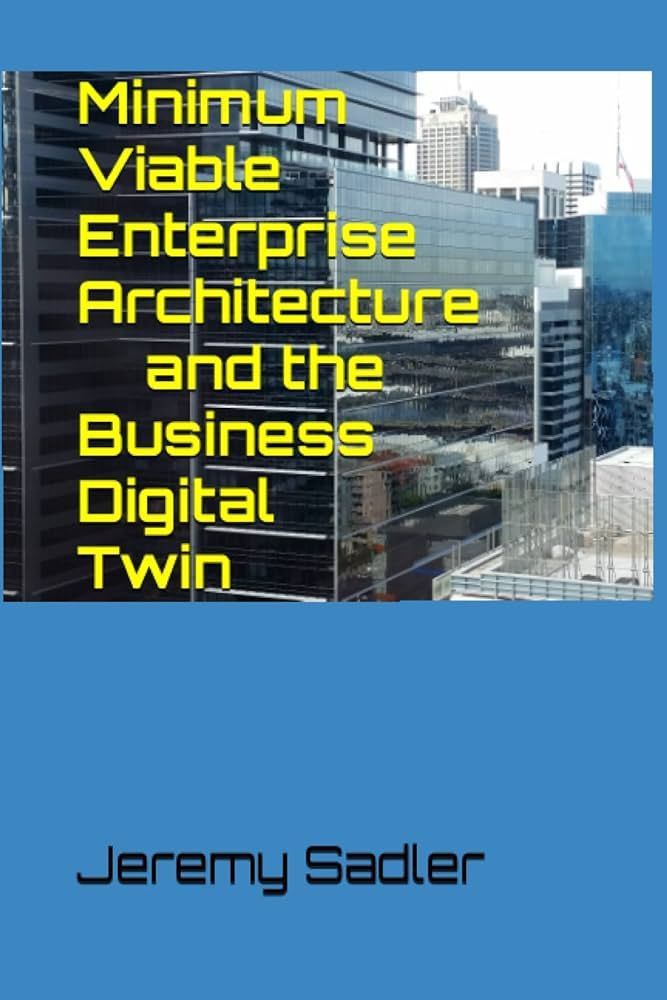Insight
The Power of Year-End Reflection - How to Turn Insights into Action
As the year draws to a close, it’s natural to focus on planning for the next one. But before you dive in head first to setting goals and strategies for 2025, there’s great value in pausing to reflect on the past year. Year-end reflection isn’t just about looking back - it’s about finding key insights that can be a catalyst for meaningful action moving forward.
For leaders, this process is an opportunity to celebrate successes, learn from challenges, and align the team with a sense of purpose. Here’s how to use reflection as a springboard for action and growth in the year ahead.
1. Celebrate Wins, Big and Small
It’s easy to focus on what didn’t go as planned, but reflection should start with celebrating achievements - both big and small. Acknowledge the hard work, resilience, and creativity that contributed to success over the past year. This not only boosts morale but also sets a positive tone for future initiatives.
Practical Tip: Host a year-end team meeting to highlight key achievements and give shout-outs to individual contributions. Recognising these moments reinforces what your organisation values and motivates the team for the year ahead.
2. Identify Key Learnings from Challenges
Every year brings its share of hurdles, and these moments often hold the greatest lessons. Reflect on challenges you faced as an organisation - what worked, what didn’t, and why? Being open about setbacks isn’t a sign of failure, it’s a step toward growth.
Practical Tip: Use a structured framework like a SWOT analysis to evaluate the year. Encourage teams to participate, as their perspectives may uncover overlooked insights.
3. Assess Alignment with Long-Term Goals
Reflection isn’t just about evaluating the past - it’s about understanding how your actions align with long-term goals. Were your strategies consistent with your mission and vision? Are there areas where your efforts drifted off course?
Practical Tip: Revisit your organisation’s mission and strategic objectives. Use these as a lens to evaluate your activities and identify areas that need recalibration moving forward.
4. Leverage Data to Inform Decisions
The year-end is the perfect time to look at performance metrics. From financial results to employee engagement surveys, data provides objective insights that help you make informed decisions. Look for trends and patterns that reveal where your organisation is thriving and where improvement is needed.
Practical Tip: Create a dashboard that combines key metrics across different areas of the business. Share this with leadership teams to ensure everyone is working from the same set of insights.
5. Turn Reflection into Action
The ultimate goal of reflection is to drive action. Use the insights gained to set clear, actionable priorities for the year ahead. Translate lessons learned into concrete goals, and create an accountability structure to ensure follow-through.
Practical Tip: Break down your goals into quarterly milestones. Assign ownership to specific team members and schedule regular check-ins to track progress.
6. Build a Culture of Continuous Improvement
Reflection shouldn’t be a once-a-year exercise. Organisations that excel are those that integrate reflection into their regular practices. Build a culture where feedback, learning, and adaptation are part of everyday operations.
Practical Tip: Incorporate reflection moments into team meetings, project reviews, and quarterly planning sessions. Consistency helps turn insights into ongoing progress.
Reflection as a Strategic Advantage
Year-end reflection isn’t just about looking back - it’s about using the past to fuel a stronger future. By celebrating achievements, learning from challenges, and aligning with long-term goals, leaders can position their organisations for success in 2025 and beyond.
At EGC, we specialise in helping leaders turn insights into action. Whether it’s through strategic planning, team development, or leadership coaching, we’re here to support your growth journey. Ready to reflect and reset? Let’s start the conversation.
Share This Article
Recent Articles




Archive












